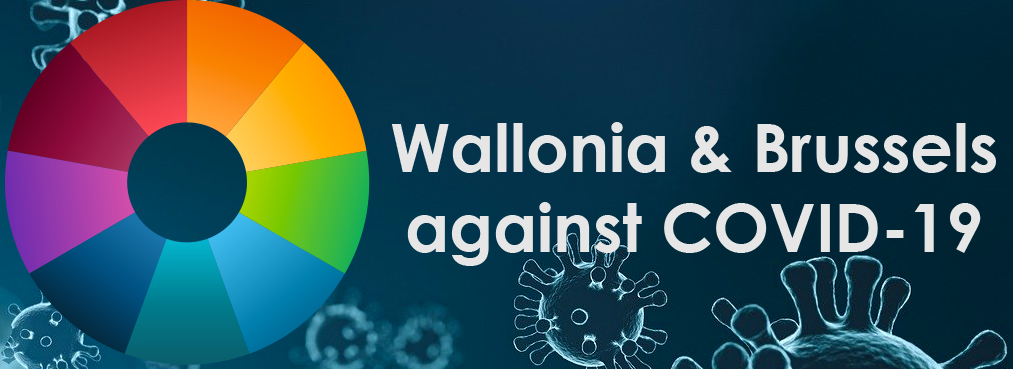ULB, Bordet Institute and CHU Saint-Pierre
" The limited capacity of intensive care unit (ICU) beds and the high mortality of patients requiring ICU care after COVID-19 infection are major problems that urgently require solutions. Early evidence suggests that an individual patient's immune responses to this virus are a key factor in their disease pathogenesis. This response can be further compounded by underlying factors, which for patients at Bordet can be exacerbated by their cancer status. A recent study shows that some cancer patients (particularly lung, blood or metastatic cancer patients) are three times more likely to die from COVID-19 infection. Thus, there is an important need to understand and identify immune biomarker(s) that measure functionality of innate and/or adaptive immunity in the blood with rapid turnaround to provide much needed information for clinical decision making. The anticipated results of this collaborative research project include the identification of immune genes and proteins in the blood that signal changes in the balance of immune cell subpopulations as well as those reflecting specific states of immune activation and suppression as the body combats COVID-19. We expect to detect important differences between cancer patients (Bordet) and non-cancer patients (Saint-Pierre), particularly linked with the clinical status of the former, as well as important distinctions between patients requiring hospitalization (with or without a stay in the ICU) and infected health care workers who recover at home. This concept is not without precedent, with some studies showing that in patients infected with Middle East respiratory syndrome coronavirus (MERS-CoV) and severe acute respiratory syndrome coronavirus (SARS-CoV), viral replication in the lower respiratory tract is associated with aberrant immune responses and linked with disease severity. Bordet has extensive experience in studying changes in the balance of immune cell subpopulations and immune gene expression signatures related to prognosis or treatment responses for a variety of cancers. The generation and application of the COVID-19 data to identify immune biomarkers should help to follow disease progression/resolution in patients and eventually monitor their response to experimental treatments, particularly in those with more severe forms of the disease. This project will also work with Philips Molecular Pathway Dx (Eindhoven) to test immune signaling pathway analysis with the goal of developing an immune signature or fingerprint that can be used as a rapid clinical test to proactively monitor COVID-19 patient's disease evolution. "
Funding: Funding has been requested from the FNRS
Contact: This email address is being protected from spambots. You need JavaScript enabled to view it. This email address is being protected from spambots. You need JavaScript enabled to view it.
University
Fast access
Various
Contact us
Brussels & Wallonia against COVID19


